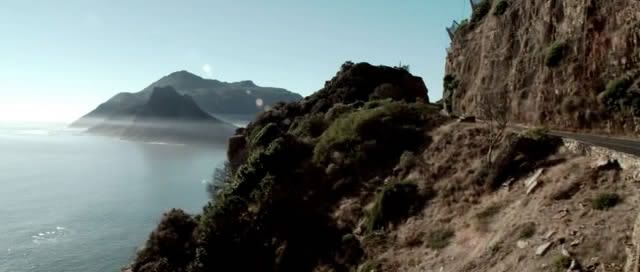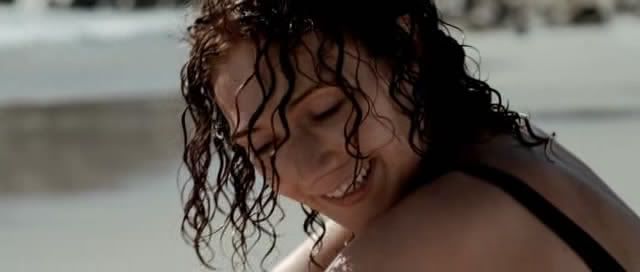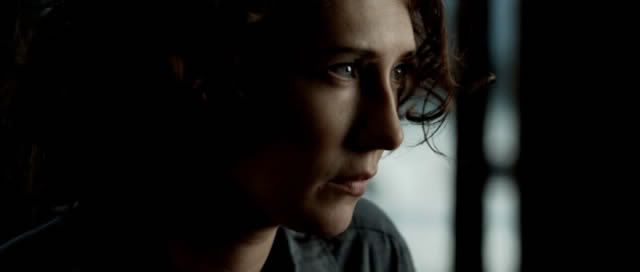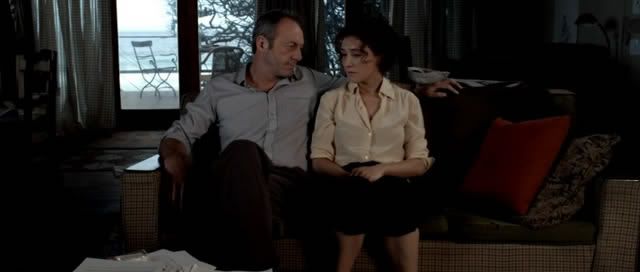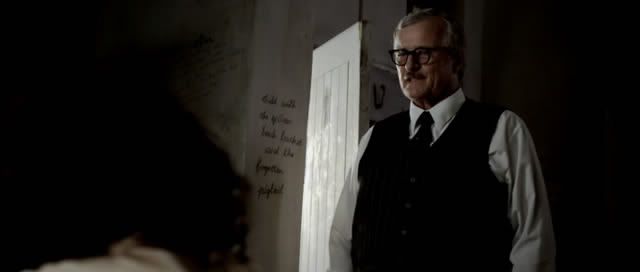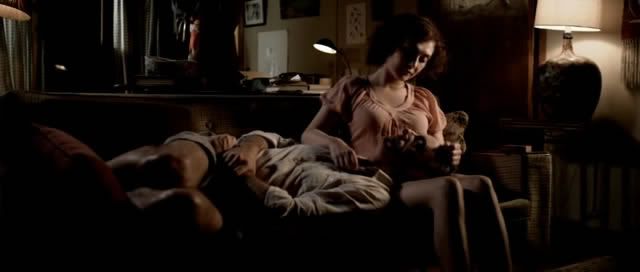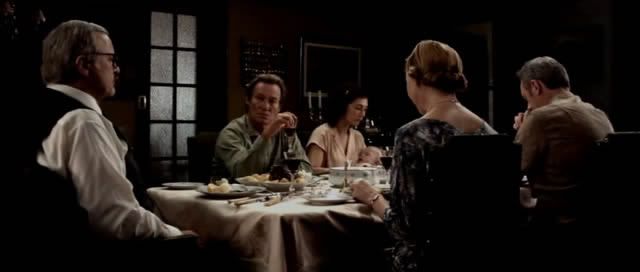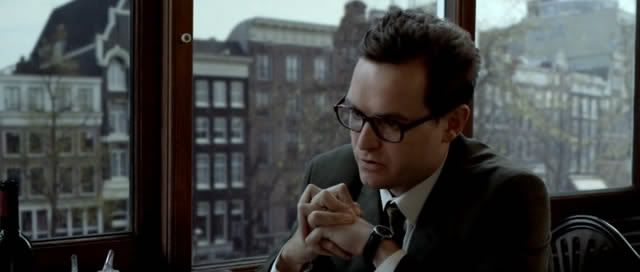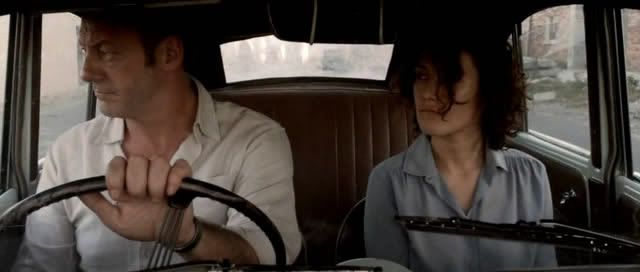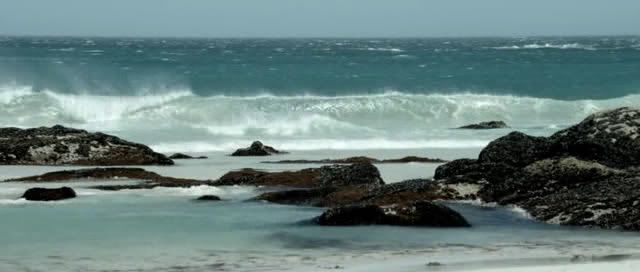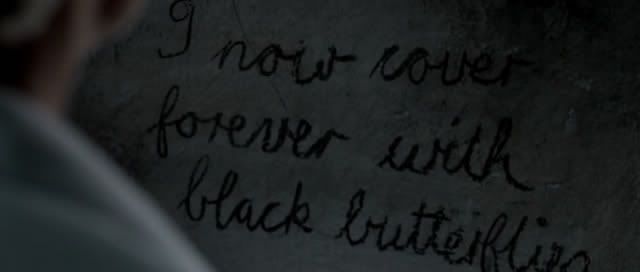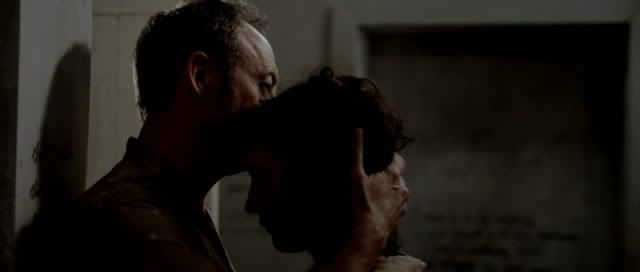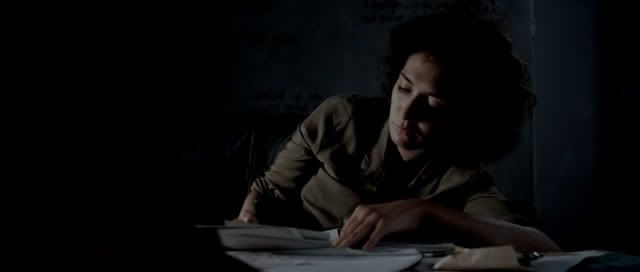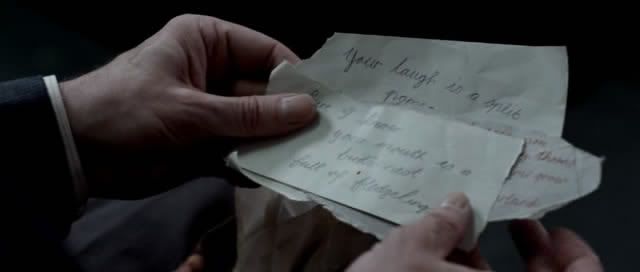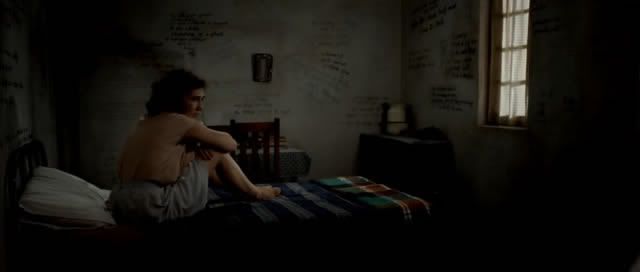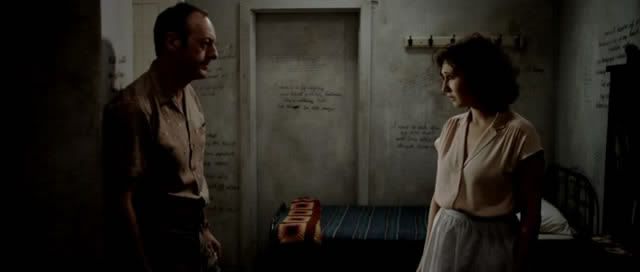Verdict: 9/10
Directed by: Niels Arden Oplev
Suede Title: Män som hatar kvinnor (original title)
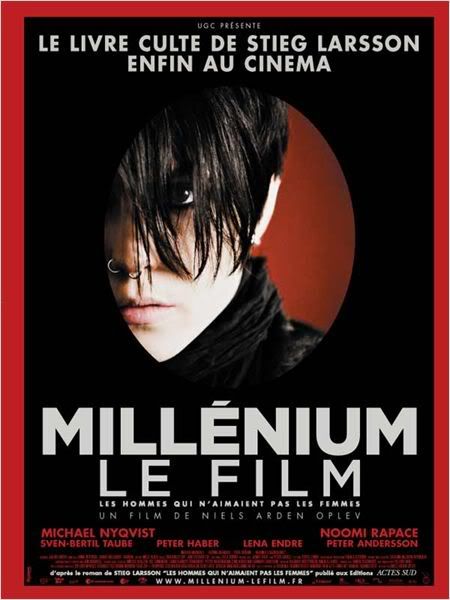
I had a copy of this film awhile back already but couldn't find any free time,
this weekend I finally did.
Based on the novel by Stieg Larsson, which is divided into 3 books,
the Swedish version was the first to hit cinema and the author's name instantly
became famous. Unfortunately for the author, he died before he could share his insights to his readers.
Although I haven't watched the Hollywood remake yet played by Daniel Craig,
I think the original one was executed well with a powerful cast and a believable story.
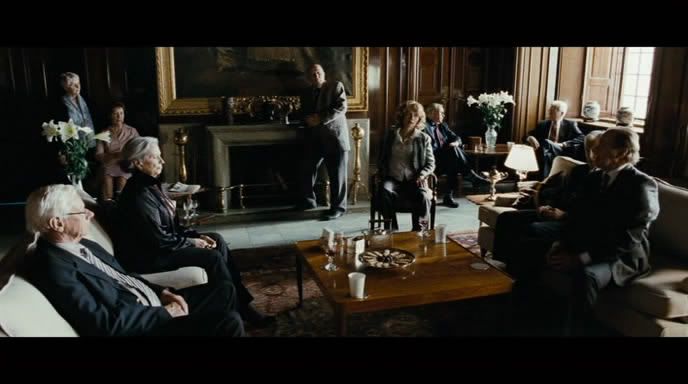
It is a fictional story of a stubborn but determined journalist named Mikael Blomkvist, who works for the newspaper called Millennium.
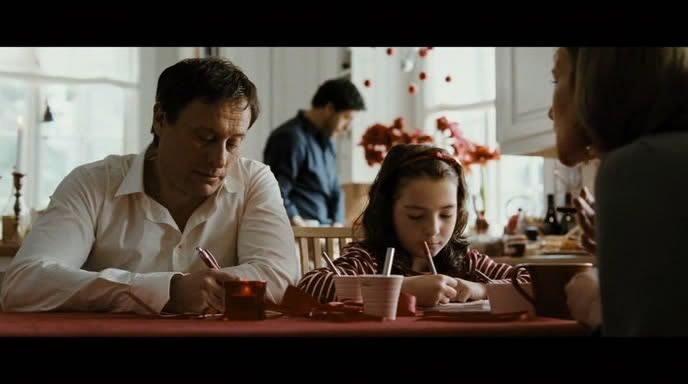
He became controversial after his failed attempt to exposed a prominent financial buss. man named Wennerstrom.
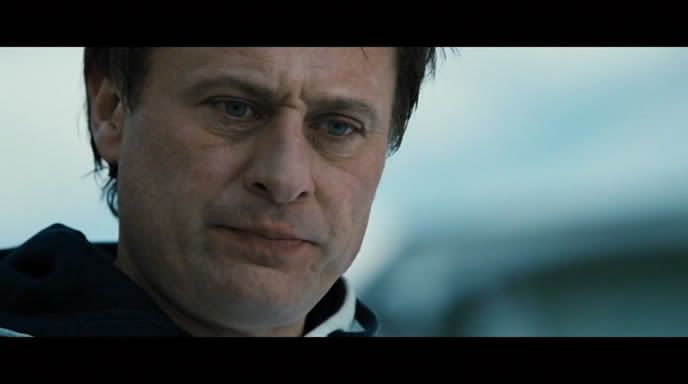
He was sentenced to jail for slander, but before his arrest, received a call from a lawyer representing a prominent family named Sir Henri Vanger to investigate the disappearance of his niece, Harriet Vangers some 40 years ago.
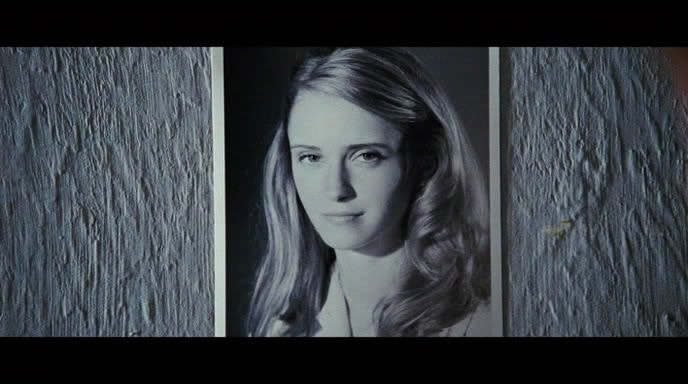
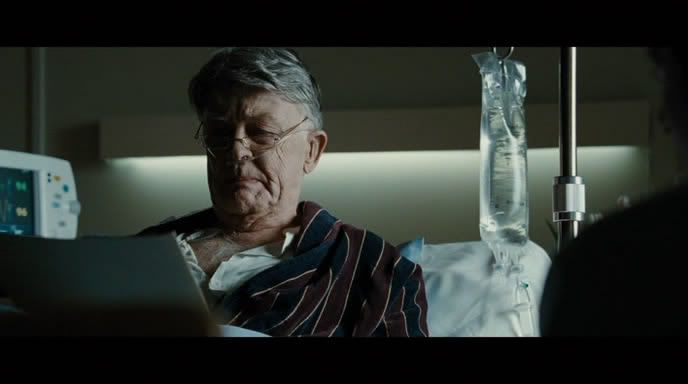
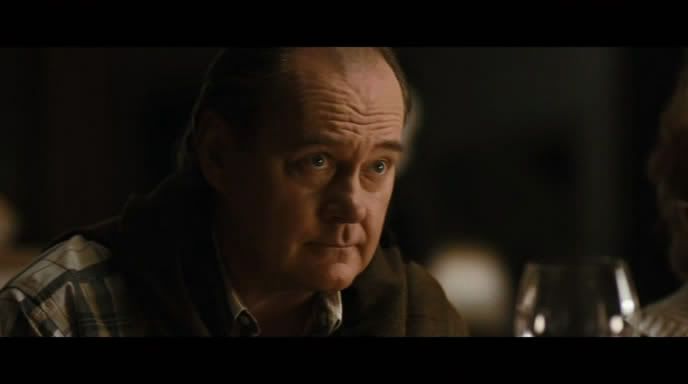
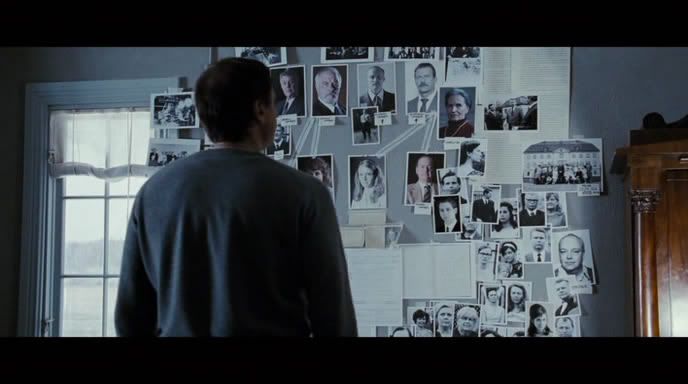
Sir Henri believes that her disappearance has something to with murder and Mikael is his only hope, as everyone even the police dept. has given up.
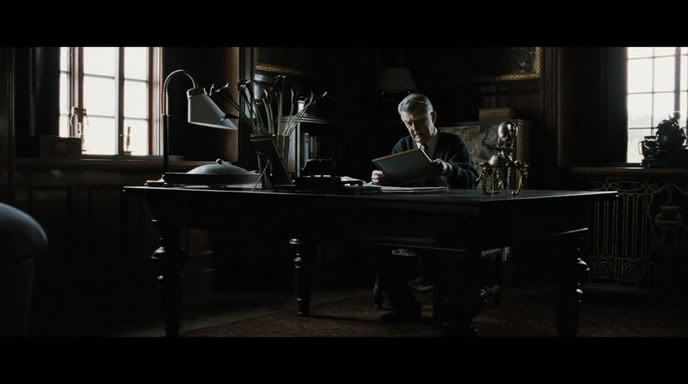
With this major task ahead, one girl was as curious to find out this unsolved mystery.
That girl is the punk, young and rebellious Lisbeth Salander.
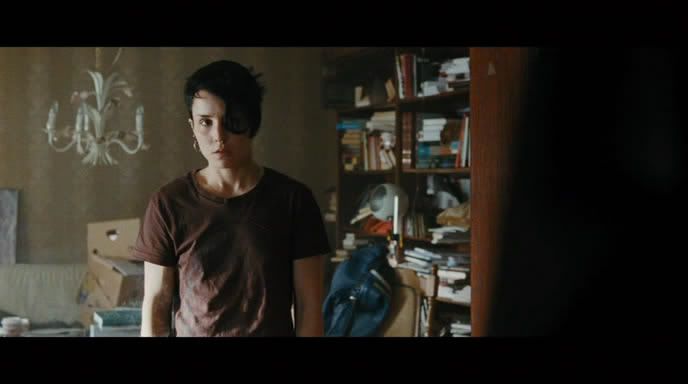
Tormented by the abused of her father during the childhood and has been and to psychiatric hospitals for sometime.
She relies on a guardian, who she meets from a weekly basis,( i think), to report about her whereabouts and daily life.
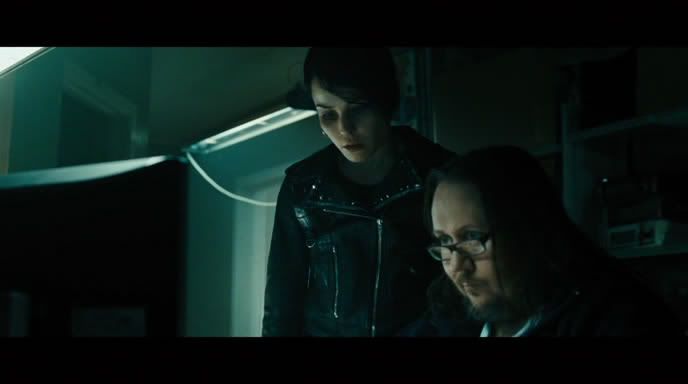
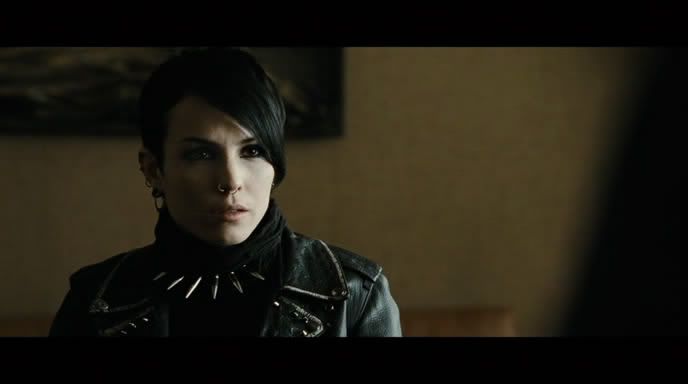
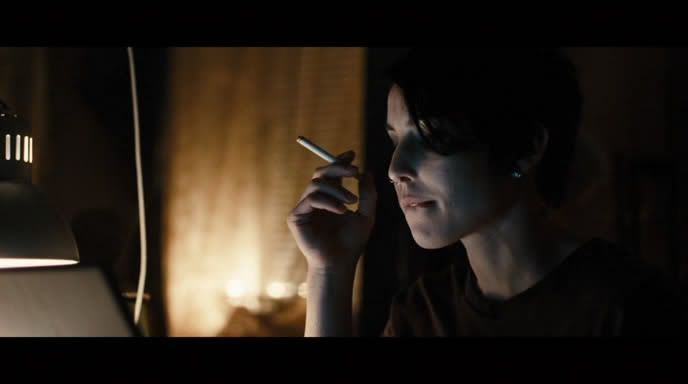
She was recently haunted by his new substitute guardian, who has a sadistic tendency, a pervert who sexually and physically abused her.
But Lisbeth is a strong headed girl and a prolific hacker, she doesn't give up easily.
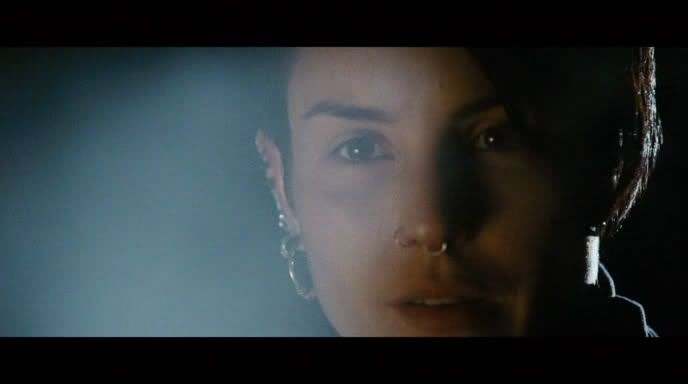
Meanwhile, as she digs deeper into Mikael Blomkvist's case.
she inserts herself into the investigation, thereby, helping the journalist find the truth behind its mystery and Harriet's allegedly number codes written in her journal.
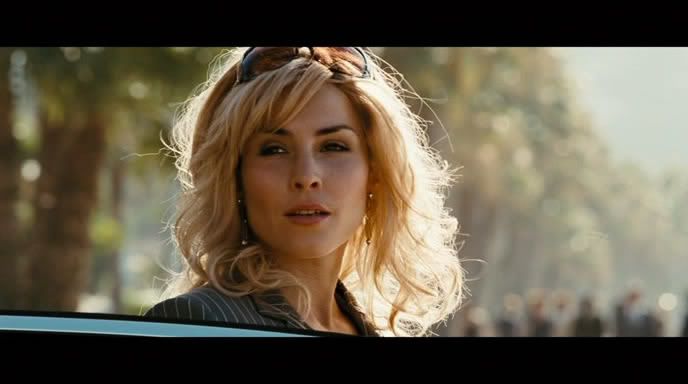
It is a riveting tale of suspense and murder, and a surprising tale of love as well.
A well thought film,
the setting shows us the backdrop of Sweden's dark and peaceful suburb.
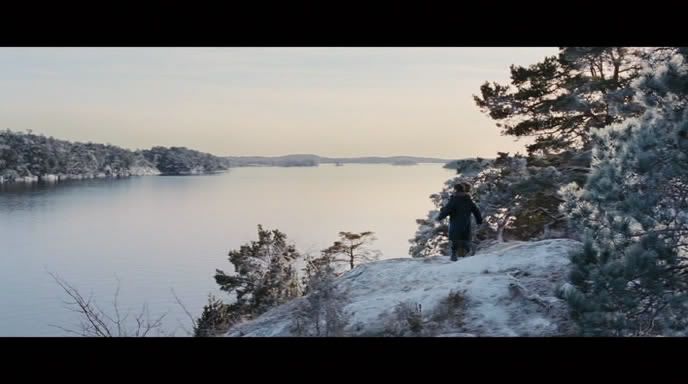
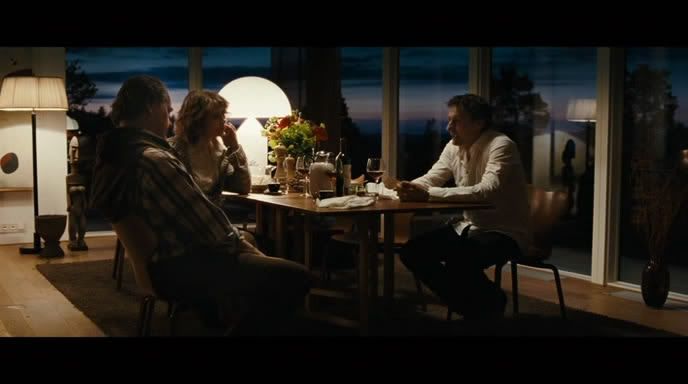
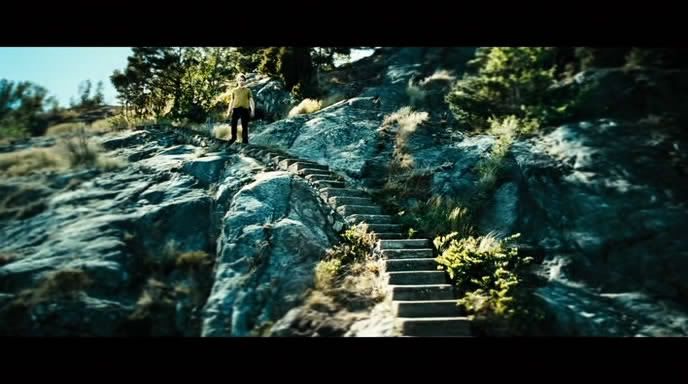
It is a film not to be missed, an ending one couldn't imagine.
It gets you inside the mind of a sick serial Nazi rapist killer.
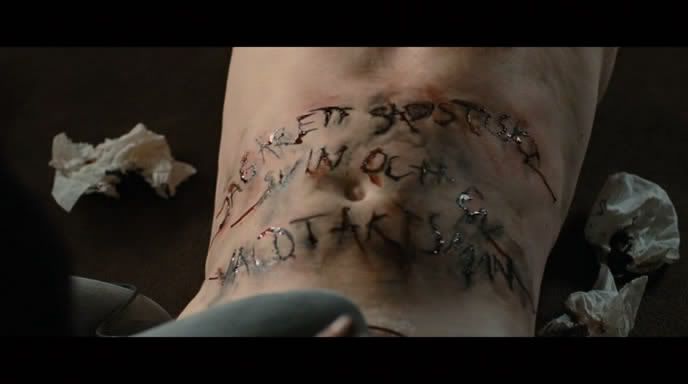
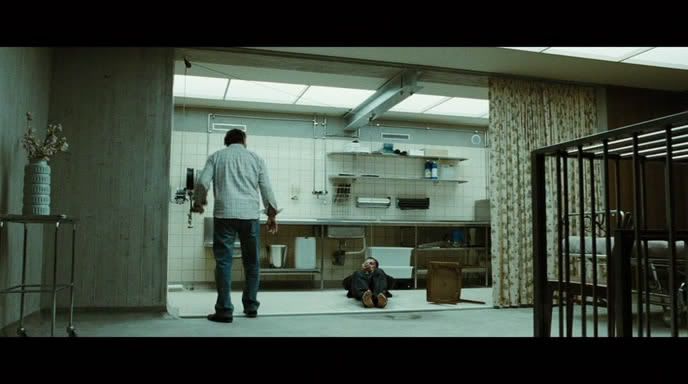
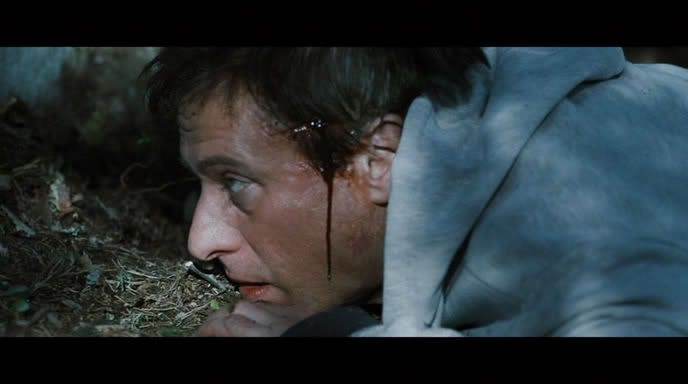
A good ending and an unforgettable twist.
